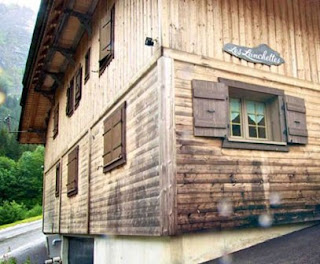 |
| Motor vehicles - Should you lease or buy? |
Corporate fleet buyers have traditionally chosen between buying or leasing. Buying, as it implies, is simply acquiring the full title to the asset, then disposing of it at an optimum period in the vehicles life. Leasing means acquiring use of the vehicle, whilst the title is held elsewhere. Depending on the finance and tax regime operating at the time, companies tend to switch between the two options. The finance regime includes availability of cash flow or credit, the level of interest and the way the asset (i.e. the vehicle) is treated for depreciation and taxation.
However, there are other aspects of leasing such as fleet management that may encourage corporate fleet managers to take the leasing option. Amongst the fleet management solutions provided are the following:
- Vehicle breakdown
- Vehicle maintenance and servicing
- Vehicle tracking
- Licence management
- Insurance management
- Accident management
- Tyre management
- Fuel cards
- Vehicle disposal
 |
| Motor vehicles - And who manages? |
Utilising a fleet leasing company that provides a comprehensive range of vehicle management services relieves the client company of many of the trivial headaches associated with opearting a vehicle fleet. Ultimately the job of a company is to deliver satisfaction to its chosen customers. Not to take on additional and non-value-adding administrative functions. Outsourcing vehicle fleet management, along with the financing and disposal task allows companies to focus on their core business.
